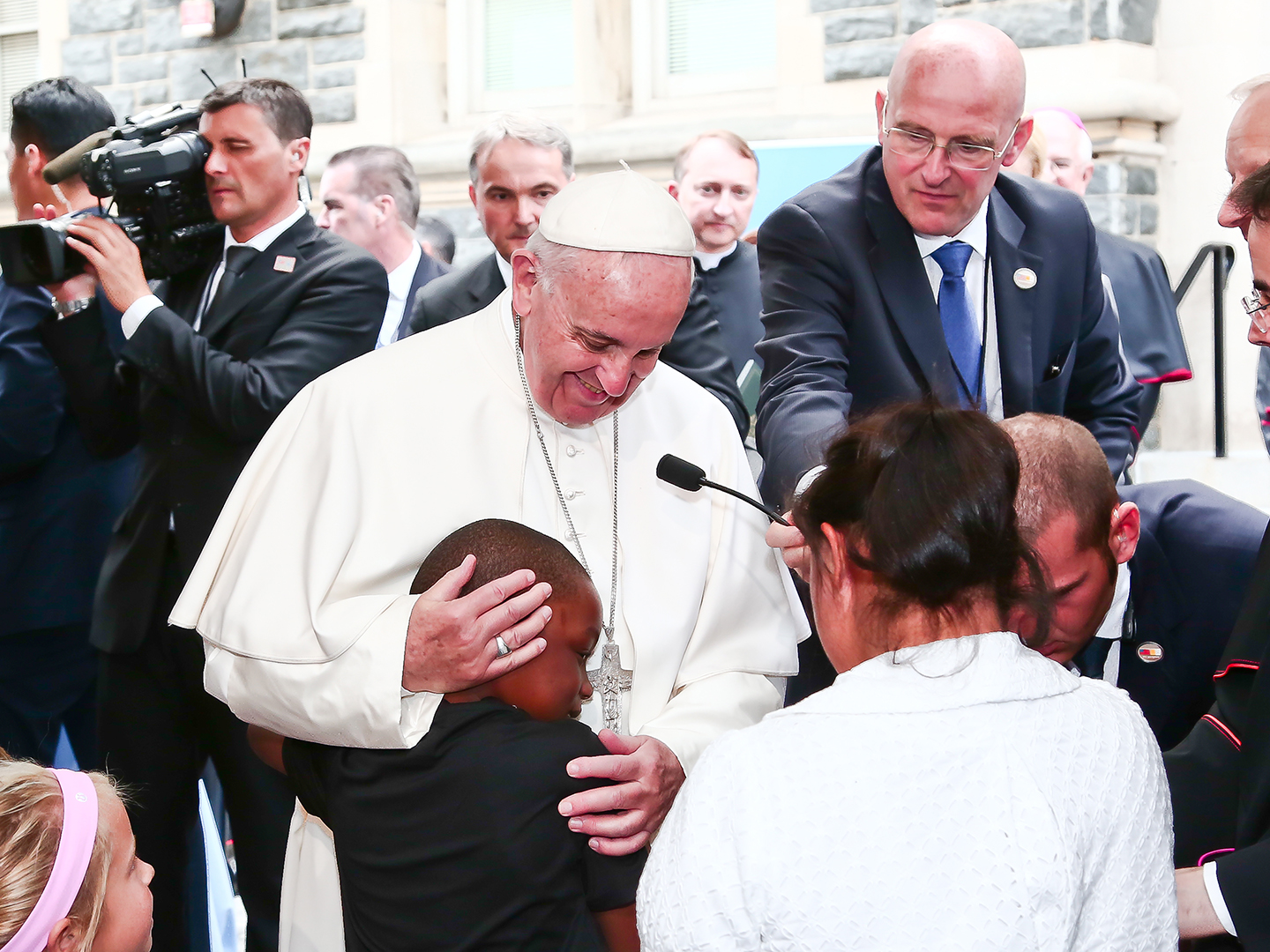Dear Reader,
Ten months into a chastened world and seven months into this audacious attempt to pilgrim through it aloud, I write first with thanks. Without your engagement, this venture to see clearly, discern deeply, and ask the hard questions to imagine a better normal would not have taken off. As any one of our contributors will tell you, the invitation to step back and locate the vagaries of a world in flux is not for the faint of heart. We are honored by the “yes” of all those who have chosen to give of their time and talents—often in the midst of personal hardship and the strain of circumstance—to make Breaking Ground a one-of-a-kind space for record-keeping, truth-telling, and guidance from Christian reservoirs, and with this, we trust, some very real grounds to hope.
For hopeful we are this late December, and not just because a vaccine is on the road. As our writers have performed their version of a societal x-ray week to week, homing in on different parts of the body politic while risking their own implication in the “so what and now what,” several truths have risen from the rubble:
It has become undeniable that a society is—in essence and in fact—a system of relationships. We are interdependent at levels both tangible and mysterious; our fates are tied. Human creatureliness persists; no technology can erase the glory and vulnerability inscribed in our embodiment. We are dust; to dust we will return. This awakening to our mortality has reoriented many of us to better questions and granted glimpses into wiser relationships with time. Silence amid sorrow need not be condemned as the response of the indifferent; it might instead be the waiting and watching of the soft heart, poised to act when led.
But important lessons like these have been accompanied by a multitude of warning signs. The summer’s racial protests brought a moment of joyous unity for black and white, sacred and secular, even progressives and conservatives: for a moment it seemed as though this unity could build on the human solidarity that the disease had been building. But that hope crumbled, through lack of wise leadership, into excess and still deeper division. The misbegotten marriage of empire and Kingdom has cracked among wide swaths of the younger faithful, but some Christians’ response to that needed disentangling has been a vengeful, last-ditch defense that makes a mockery of Jesus Christ and imperils the republic. Our newfound attentiveness to proximate realities like the turning of seasons and the path flight of birds—a gift in otherwise harried modernity—risks being overshadowed by worrisome indicators that our perceptions of the stories we’re living out in broader reality are becoming irreconcilable. It seems our particular experiences of this wild year from our particular corners of the universe have not helped our trust, our goodwill, or our reason.
And so Breaking Ground’s work will continue. We have focused, during the first half of this project, on trying to see the present clearly and deeply: to make sense of the chaotic and rapidly changing events that made 2020 feel like a whole year hit by a tidal wave. We’re now turning to consider the future, while continuing to draw deep from the wells of the past. Come January, you will see us shifting from a posture of naming and noticing to one that invites a more proactive reimagining of the spheres whose healing might yet make them the components of a healthy society.
If June to December was a time to try to make sense of truths we were seeing, truths too long veiled beneath the hum of “normal,” 2021 will be a time for mapping a way forward. Our writers will aim at wise, well-grounded, and imaginative seed-sowing, oriented toward cultivating the conditions for human goods to grow. These ideas and subsequent discussions will focus on the following questions:
- Political Authority and Justice
- The Commons
- Solidarity and Repair
- Givenness and the Gift Economy
- The Restoration of the Human
To pursue each of these we’ll be inviting signature voices from the spheres of politics and law, education, journalism, business, the church, medicine, the household, science, technology, philanthropy, and more to explore what in that domain needs to be planted, what needs pruning and nurturing, and how each of these areas might interact with the others. We’re working on a new slate of stories that shine light on the often-hidden places where Christ’s church is doing what she does best—serving and learning from the poor and the neglected, considering one’s own rights a loss and moving outward in love. And even as we search our own community of faith in honest lament for the various ways in which our lack of unity and vision have failed our society and failed our God, we will undertake this confessional work in light of Scripture and the cloud of witnesses who grant us as much caution as they do compass.
I am ever grateful to you, our readers; to our contributors; and to the nearly twenty organizational partners who have anchored our efforts. I am indebted to my co-laborers: senior editor Susannah Black, managing editor Heidi Deddens, graphic designer Kathryn de Ruijter, and copy editor Jeff Reimer, and our budding crop of sermon curators and podcast guests and producers.
It is an adventure, and it will continue. In these last few days of 2020, I’d like to invite you to join in this community we’re building. Will you share a particular Breaking Ground piece with those of your friends and family to whom it will speak? And will you consider a financial gift to strengthen Breaking Ground’s capacity, as we head into this next season?
If one thing’s become clear this year, it’s that we’re all in this together. We have to be. And that’s a source of joy. I am grateful for the opportunity to see clearly, dig deeply, and plan bravely alongside you.
Humbly,


Anne Snyder
Editor-in-Chief, Comment




